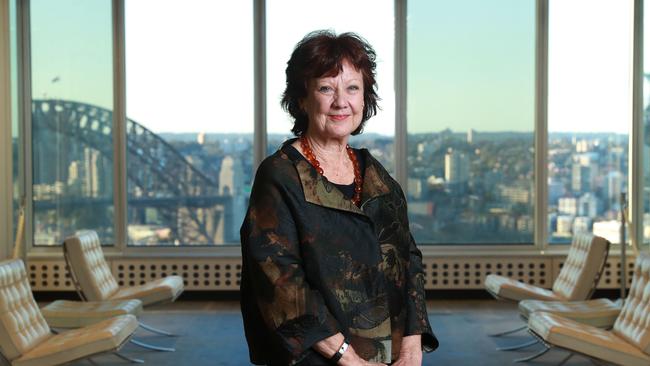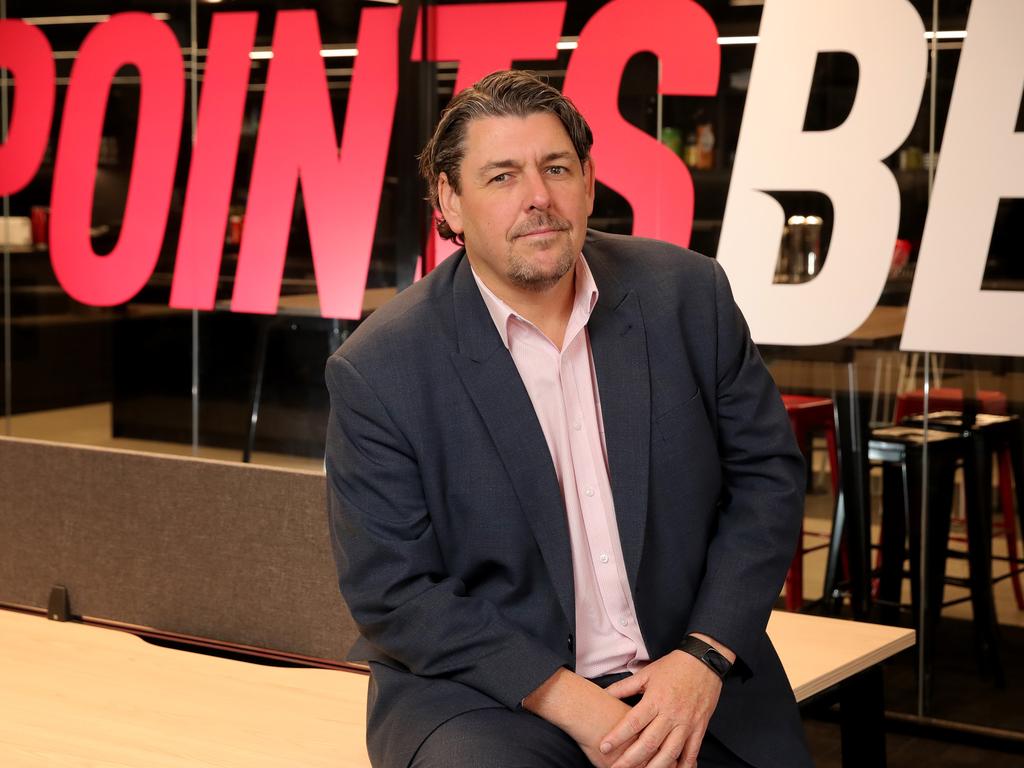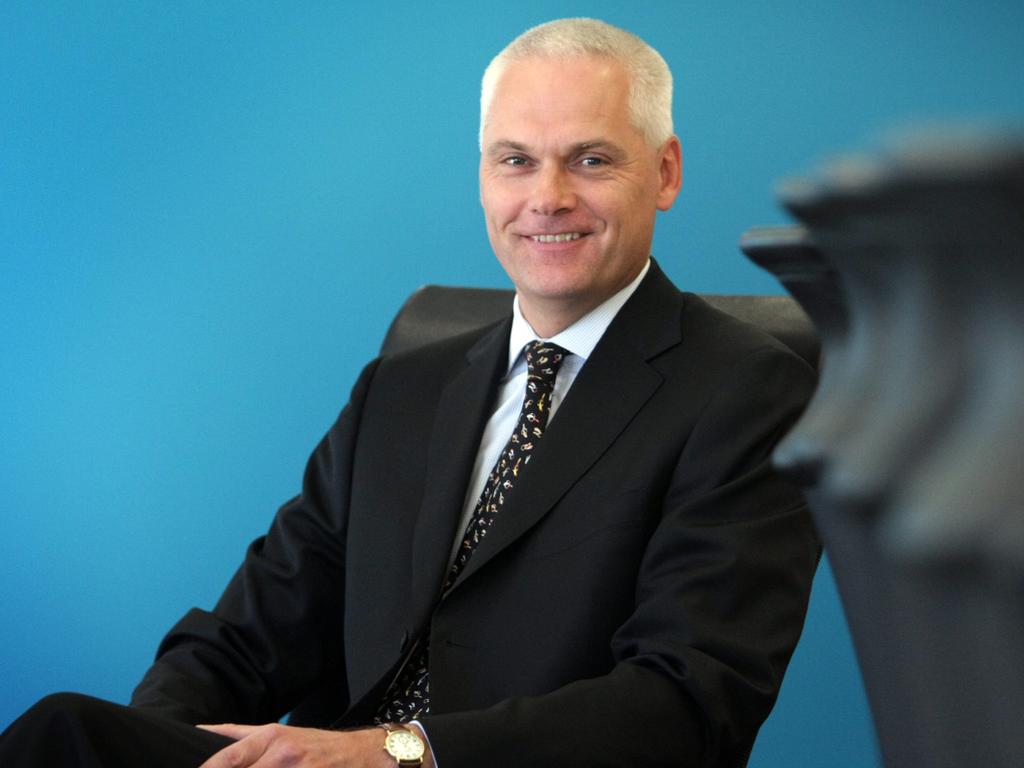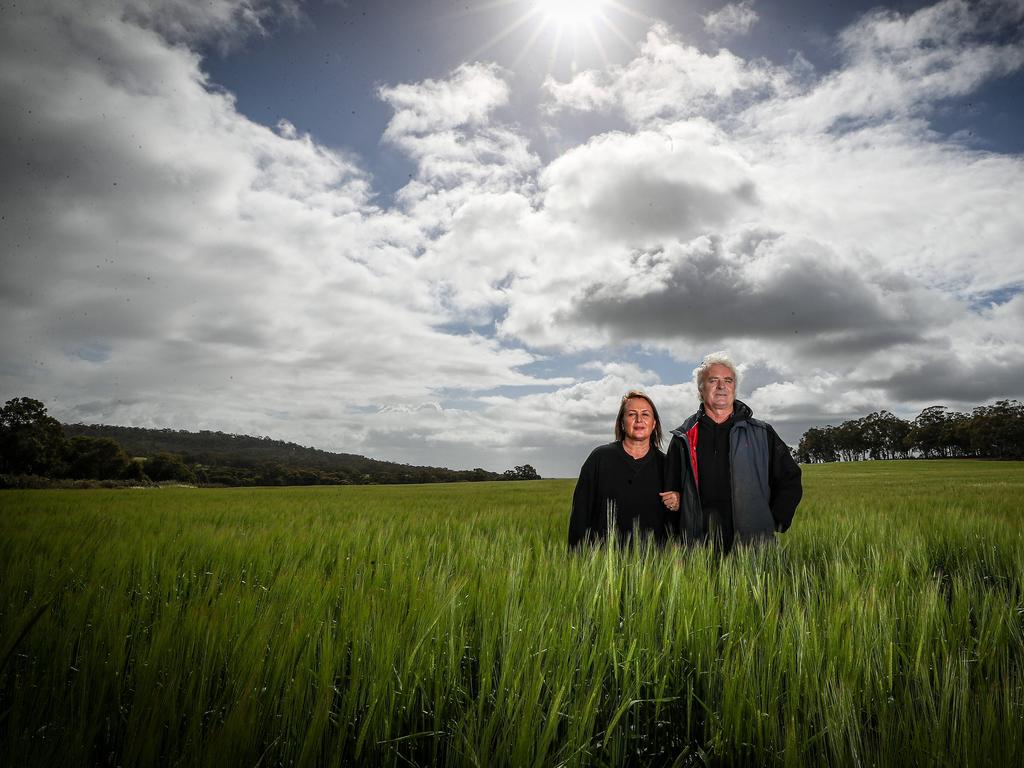
Whether it comes to that remains to be seen, but the portfolio review announced on Wednesday at the very least puts a line in the sand from which a future may be possible to build.
Just whether the plaudits are still due will depend on what decisions are eventually taken.
This is a company that has long lost its way and can no longer be regarded as the natural owner of just about any asset.
The recent events around former Australian boss Alex Wade and AMP Capital boss Boe Pahari were just simply poor behaviour.
What has happened over the past two decades is the tragic decline of a national icon through basic corporate mismanagement.
This has been a combination of dumb deals, like doubling up by spending $4bn on AXA 10 years ago when all it bought was scale in the wrong areas.
In the meantime, the company has suffered attacks from more new entrants, like Macquarie, and niches, like Magellan, who represent a more positive alternative.
As the “everything for everybody” player in the market, AMP had to be good at everything and sadly has ended up being not so good at many things.
There is the basic conflict between selling advice and products under the same roof, when you are trying to help someone make the best investment choices based on their need rather than what the company wants you to sell.
From 2006 to 2018 the company was chaired by three investment bankers — Peter Mason, Simon McKeon and Catherine Brenner — who were not the strategic thinkers the company needed.
In its prime, AMP was the go-to company for life insurance and financial advice.
It has long ago lost control of the mass market it had in its hands three decades ago.
The company says it has received many approaches from people interested in bits or the whole thing, and the process now is to sort through who is serious.
That should be done in a couple of months.
After AMP sold its life company without bothering to consult shareholders, Hazelton will hopefully take her shareholders with her on this journey and seek their support.
Many have already approached her and sought actions like those she is considering now.
The bank and AMP Capital in part or whole are the most obvious saleable assets and the advice business could be parked as a stand-alone asset to compete with the acquisition-hungry Renato Mota and IOOF.
Macquarie is the obvious buyer for AMP Capital and/or the bank, but there are any number of private equity and trade buyers who may be interested, like the losing bidders for MLC including JC Flowers.
Since September 2003, when the last takeover talk emerged (amid then NAB boss Frank Cicutto’s ill-fated raid on the company), its equality value has halved in value to $5.3bn and the stock has underperformed the overall market by 400 per cent.
Two years earlier, then Westpac boss David Morgan and AMP boss Paul Batchelor talked about a merger in a deal named “Project Mary”, which came to naught for partly social reasons, with both chiefs wanting to be the boss of the combined firm.
AMP was then closer to $20bn in value.
Westpac is now worth $61.6bn and NAB’s equity value is $57.3bn, so the fortunes of the three companies have diverted somewhat.
The seeds of the AMP demise were clearly its demutualisation and sharemarket float in 1998, which unleashed $7bn in surplus capital. The financial rationale behind the float was fine, but the execution abysmal.
The company had already made what in hindsight were tragic mistakes, buying London Life in 1989 and Pearl Insurance in 1990.
AMP was getting full of itself and taking on the world.
With all that money in his pocket, then boss George Trumbull went on a spending binge, including some disasters like GIO.
When he left in 2000 with $13.1m in his pocket, the market was dumbfounded.
The late Peter Smedley, when asked about the merits of appointing CFO Paul Batchelor as CEO, said “he is a very good CFO”.
When Andrew Mohl assumed the job in 2002 the company was on its knees and, ironically enough, it took the failed NAB raid in 2003 to boost the case for a split of the empire, packaging the trouble Universal Life assets with well-performing asset management business Hendersons and leaving Australia as its own island.
For much of its earlier life it was on a corporate pedestal, a national icon that was everyone’s go-to life insurer and throughout the 1980s and 1990s the leading voice on the market.
Investment bosses Leigh Hall and Merv Peacock were the arbiters of what was right or wrong in the market.
There are beacons of light, such as Shane Oliver’s market commentary, but the reality is AMP has lost its leadership.
The hope is the inevitable split of the company helps recreate some value.
Deja vu on tech giants
Canberra’s battle with Google and Facebook is mirrored by the tech giants’ dealings with regulators and governments around the world.
On Tuesday, Facebook threatened to stop using Australian and international news on its platforms in Australia if world-first regulation passes to set up a bargaining code that could mean tech giants paying media companies for news.
Facebook’s threats followed similar claims from Google last month, with the reactions and remedies virtually the same.
They also mirror tactics by Google in reaction to lawsuits in Arizona and elsewhere over the way it uses location data to boost its digital advertising business.
Australia’s experience looks set to be the same as other countries that have tangled with the tech giants, either when trying to get them to negotiate over paying for news content, or over alleged abuses of location data.
The reason may be because the titans fear that whatever happens in Australia opens the way for similar enforcement elsewhere.
Clifford Chance partner Dave Poddar said: “The massive over-reaction by Facebook to suggest a withdrawal of services to Australians suggests that Google and Facebook may be concerned that the government’s proposed legislation creates a workable model that establishes a road map for other jurisdictions.”
In Australia, the proposed media code is to be compulsory because of the failure of the platforms and media companies to agree on how compensation for content would be paid.
Talks got nowhere in France, either. The boss of Paris-based newspaper Le Figaro, Marc Feuillee, complains Google has not negotiated in good faith with publishers to pay for the listing of their content.
Arizona also complained about being stonewalled after a lawsuit accusing Google of illegally tracking users’ locations. The ACCC has a similar case against Google over the use of location data and alleged misleading statements on its use.
Arizona’s state attorney (AGO) said: “Google has impeded the AGO’s investigation for months on end.
“Google was uncooperative with the AGO’s investigation … and failed to substantively respond to any of the AGO’s demands for information.”
Google’s claims on its control on software and mobile devices were “inaccurate and misleading” and “Google refused to do any kind of meaningful search or production”, the state attorney said.








New AMP chair Debra Hazelton should take a bow, having made the right call in effectively putting the 170-year-old company up for sale.